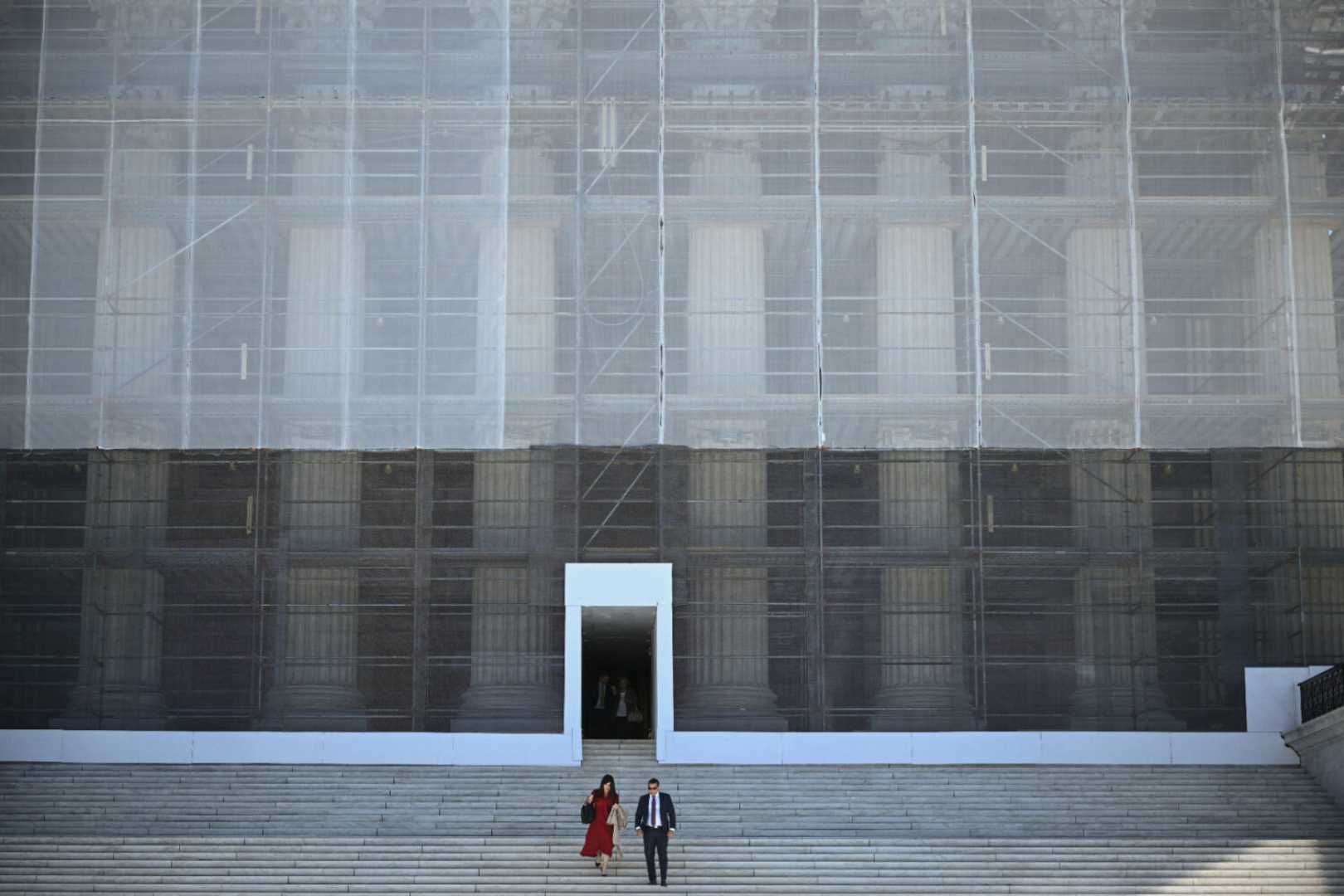Politics
Supreme Court Blocks Trump on Deportations Under Alien Enemies Act

WASHINGTON, DC — The US Supreme Court has intervened, blocking President Donald Trump from proceeding with deportations of Venezuelans under the 1798 Alien Enemies Act. The ruling, issued on May 16, 2025, comes as a significant setback for the Trump administration, which aimed to expedite deportations using this wartime authority.
The justices’ decision centers on a group of immigrants in northern Texas. Many feared they would face imminent removal. In its unsigned opinion, the court emphasized that the government’s handling of these removals was inadequate. Specifically, the court noted that detainees received only 24 hours of notice regarding their removal, which lacked necessary information on how to contest such actions.
Two conservative justices, Clarence Thomas and Samuel Alito, publicly dissented from the majority decision. They expressed concerns about limiting presidential powers under the wartime law. The court sent the case back to the 5th US Circuit Court of Appeals to clarify questions regarding the legality of the president’s actions and the notice requirements for affected migrants.
The justices pointed to prior cases, including that of Kilmar Abrego Garcia, who was wrongfully deported to El Salvador. The court highlighted the government’s inability to return individuals removed in error as a critical concern, stating, “the detainees’ interests at stake are accordingly particularly weighty.”
Steve Vladeck, a CNN Supreme Court analyst, remarked that the ruling extends an earlier temporary freeze on deportations under the Alien Enemies Act, which the Supreme Court initiated in mid-April. This effectively pauses all removals until the appeals court resolves the underlying legal questions.
Last month, the Supreme Court had already halted deportations at a Texas detention facility in an emergency order. This ongoing legal battle is part of several cases concerning Trump’s invocation of wartime laws to address alleged gang members among Venezuelan migrants.
The delays in deportations highlight ongoing debates on national security and human rights. The court has so far stopped short of completely blocking the government’s ability to deport individuals by means other than the Alien Enemies Act.
This ruling underscores the legal challenges facing Trump’s administration as it navigates the complexities of immigration law and enforcement.












